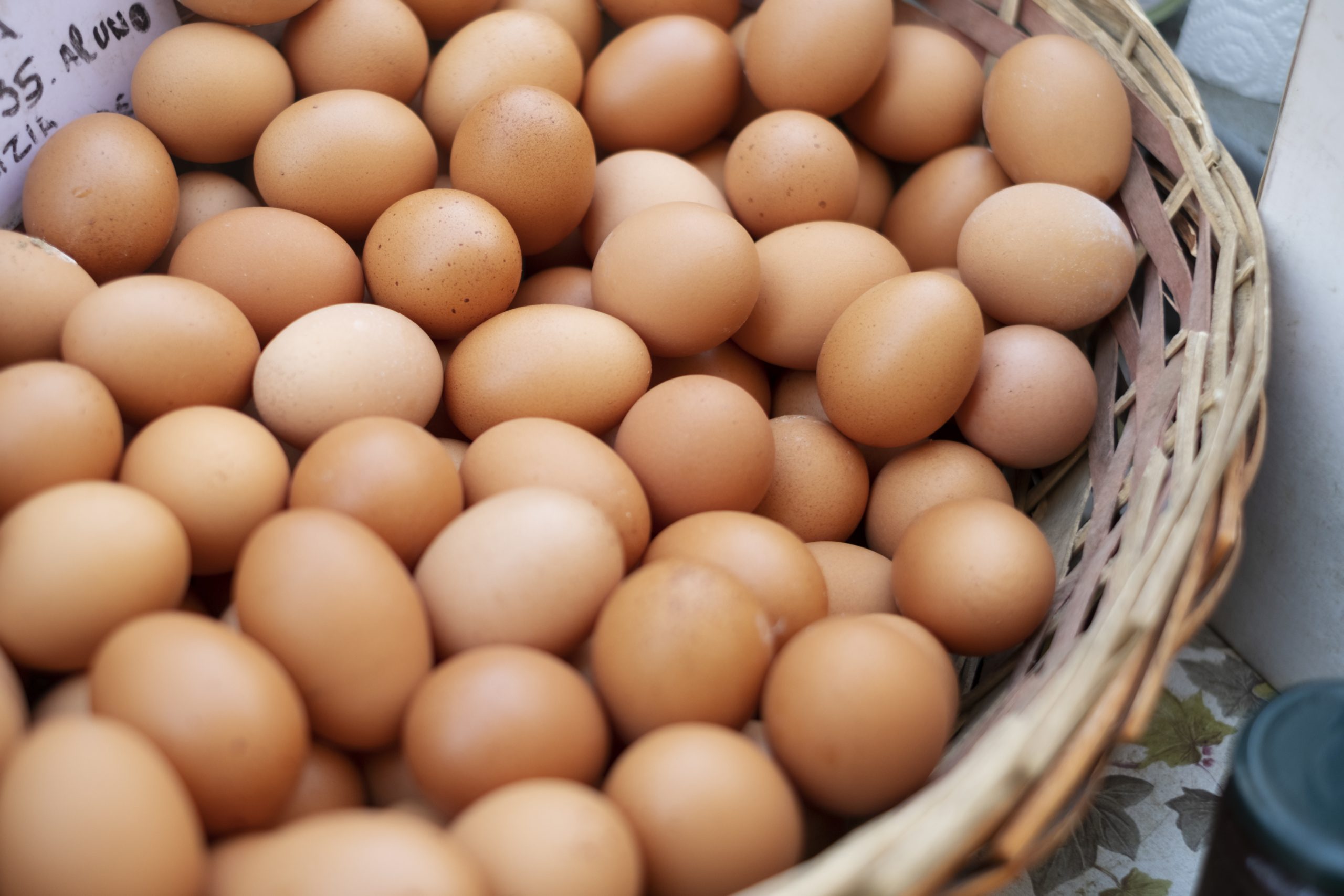Egg production is a crucial aspect of poultry farming, and improving it requires strategic planning, optimal farm management, and proper nutrition. Whether you are a small-scale farmer or running a large commercial operation, implementing the right techniques can significantly enhance egg yield and profitability. Here’s a step-by-step guide to improving egg production in your poultry farm.
1. Choose High-Quality Layer Breeds
Selecting the right layer breed is fundamental to achieving high egg production. Some of the best-performing breeds in India include:
- White Leghorn – Known for high egg yield and feed efficiency.
- Rhode Island Red (RIR) – Hardy breed with good egg-laying capacity.
- Lohmann Brown – Produces high-quality brown eggs with consistent output.
- Hy-Line – Excellent for commercial egg farming due to its high productivity.
2. Provide Optimal Nutrition
A balanced diet is essential for increasing egg production. Ensure your layers receive:
- High-protein feed (16-18% protein) to support egg formation.
- Calcium supplements (like limestone or oyster shell) to strengthen eggshells.
- Essential vitamins and minerals to prevent deficiencies and maintain overall health.
- Sufficient clean drinking water, as dehydration can lead to a drop in egg production.
3. Maintain Proper Housing Conditions
A well-managed poultry house enhances production efficiency. Follow these guidelines:
- Adequate space: Maintain a stocking density of 1.5 to 2 sq. ft per bird.
- Ventilation: Ensure good airflow to reduce ammonia buildup and respiratory diseases.
- Lighting: Provide 14-16 hours of light daily to stimulate consistent laying cycles.
- Litter management: Keep bedding dry and clean to prevent diseases.
4. Implement Biosecurity and Disease Control
Healthy layers produce more eggs, so disease prevention is key. Implement these measures:
- Regular vaccinations against common poultry diseases (Newcastle, Infectious Bronchitis, etc.).
- Proper farm hygiene, including regular disinfection of coops and equipment.
- Preventing external contamination by restricting farm access and isolating sick birds.
- Deworming and parasite control to maintain bird health.
5. Reduce Stress Factors
Stress can negatively impact egg production. Minimize stress by:
- Avoiding frequent disturbances and loud noises.
- Providing consistent feeding schedules.
- Ensuring proper temperature control (18-24°C is ideal for layers).
6. Monitor Egg Production and Health Regularly
Tracking performance is essential for identifying and addressing issues early. Regularly check:
- Daily egg count and weight.
- Bird behavior and overall health.
- Feed consumption and waste levels.
7. Effective Marketing and Distribution
To maximize profits, ensure efficient marketing strategies:
- Sell to local markets, hotels, and retailers.
- Use online platforms like Eggora to expand your customer base.
- Brand your eggs for premium sales in supermarkets and organic stores.
Conclusion
Improving egg production requires quality breeds, proper nutrition, housing management, and strong biosecurity measures. By following these best practices, you can increase egg yield, ensure healthier birds, and boost profitability. Eggora is here to support you with expert guidance and resources for a thriving poultry business. Happy farming!
